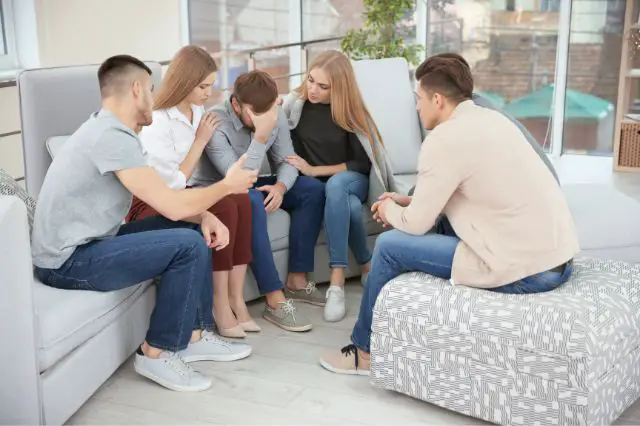Does Therapy Help Mental Health?

A lot of people questioned whether they should go for therapy or not. I have seen that a lot of individuals found therapy a time and money waste, and many declared that it doesn’t work for them.
If you also think the same, this article is for you. I am going to tell you whether therapy helps mental health or not.
Does Therapy Help Mental Health?
Well, there are different therapy models which target different aspects of people’s mental health. Every kind of therapy works differently and has different purposes.
In the past, there was only one type of therapy which was psychotherapy. Every person goes for this therapy so there are fewer chances that their experience will differ from each other.
But today, as there are various kinds of therapies, different patients have different experiences. One model works for one patient but it doesn’t work for another.
It is important to find the correct model for your mental health so that it works for you. So, you should know different therapy models. Let’s discuss common therapies in detail so that you can choose the right one for you.
Common Therapies
I am going to discuss five different therapies for you. We will discuss how these therapies are different, and for which patients they are suitable.
1. Cognitive Behavioral Therapy (CBT)
This therapy is widely accepted by patients as it has successfully treated a large number of clients dealing with temporary limitations of their brains.
This therapy helps patients in identifying their root issues. It helps them in changing their thoughts, behavior, and unhealthy coping methods. This therapy improves their mood and daily functioning in a structured manner.
This therapy treats episodes of depression, and social and generalized anxiety disorder, and eliminates symptoms of PTSD, eating disorder, bipolar disorders, and schizophrenia.
2. Solution-Focused Brief Therapy
This therapy will help patients in dealing with their issues. It helps clients in discovering their issues, identify the solution, and taking action on them.
As the name suggests, it is a brief therapy that has 6 to 8 sessions. It is a goal-directed therapy that helps patients in setting short-term goals. Sometimes, patients get their results in one session only.
Different studies have shown that this therapy helps patients in dealing with family-related problems, relational and emotional issues.
3. Dialectical Behavior Therapy (DBT)
This therapy is a bit like CBT but Dialectical therapy involves meditation methods for dealing with mental issues. In CBT, therapy works by talking about clients’ issues, but here meditation methods are involved.
This therapy is ideal for those patients who have extreme mental issues and have less control over their minds.
These clients have suicidal thoughts, borderline personality disorder, and other self-destructive behaviors. Different studies have shown that this therapy has treated its patients and helped them in dealing with their issues.
4. Family Therapy
Family therapy is preferred in those situations where family conflicts are going on or children are showing aggressive behavior. It is ideal for those adolescents who have disruptive behavior.
This therapy helps families in dealing with their communication and conflict resolution issues. It helps two family members in strengthening their bond.
In this therapy, families are involved which tells them that one person is not an issue, and we all should deal with the mental issues together. It also helps clients in having the support of their loved ones and understanding the mental issues of their family members.
5. Couples Therapy
This therapy is for couples who are facing issues in their relationship and with their partner. This therapy helps them in identifying their issues, communicate well with each other, and improve intimacy.
Two major factors will determine whether the couple’s therapy is successful or not. One factor is the willingness of both partners in dealing with their issues. And the other factor is timing. Sooner you will get the help, the more chances of having a successful couples therapy.
There are different models in couple therapy that the therapist recommends to you after identifying your issues. Three major models are Psychodynamic Couples Therapy, Gottman’s Therapy, and Emotionally Focused Couples Therapy. You can also do your research to identify which couple model is best for you.
Wrap Up
In the end, I just want to say that success in therapy depends on the therapist and model you have chosen for yourself. If you have chosen the correct model and a therapist with whom you are comfortable, your therapy will improve your mental health.
So, do choose the correct therapy model for yourself, and consult the therapist as soon as possible.



